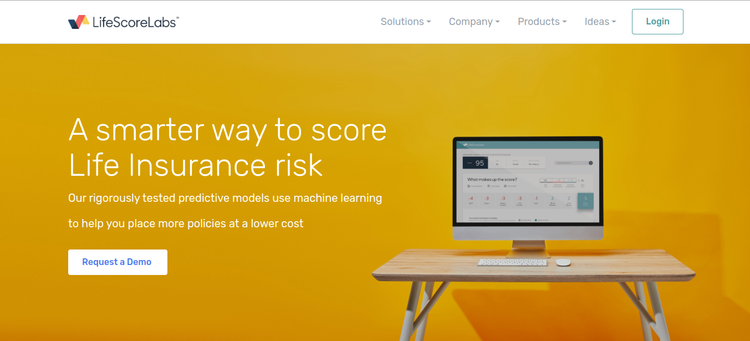Another new Web site that misses the point
Today I find yet another press release in my email inbox announcing yet another B2B magazine's redesigned Web site. But when I take a look at the site, I have to ask -- why bother?
Look at the relaunch of Penton's Material Handling Management and see if you're as disappointed as I am.
First, the press release plays up the site's RSS feeds and promises "Daily News from various sources, updated every 15 minutes, 24 hours a day." That sounds like MHM is planning on offering some form of open-source news service. But when I add the RSS feed to my news reader all I get is a bunch of press releases.
Other problems: You can spend an enormous amount of time looking through the MHM site without ever feeling that you're online. Most stories -- whether dumped from the print version or written just for the Web -- are text only. Graphics are rare. Links are nearly non-existent. Take a look at this piece, for example. (And doesn't anyone at MHM think that an article about trucks that is written by a truck salesman might need to be tagged as advertorial?)
Perhaps most offensive to me is that MHM doesn't understand -- and, in fact, seems opposed to -- the cultural change in journalism. Take a look at this silly piece about blogging. The writer is seemingly convinced that his magazine is still the sole voice of reason in the industry he covers. He urges readers to avoid blogs in the material-handling field becasue they are inaccurate. That may very well be true. I have no idea. Because remarkably he doesn't link to any of the blogs he's worried about, nor does he name them. It would appear that his primary goal isn't journalism -- which, by definition, is about providing information. Instead his goal is to limit information.
Here's a secret everyone in B2B editorial should learn. Your readers are at least as smart as you. They don't need you to tell them what they should, and should not, be reading. Doing so is offensive. And treating your readers like children makes you look childish.
Look. Let's review the basics.
The Web has given power to your readers. They now find information in hundreds of places. More importantly, they now use blogs and bulletin boards and similar services to engage in conversation about information.
The Web has also given power to you. You can use the Web to facilitate those conversations. You can use the Web to ease the search for information by linking offsite. And you can use the Web to improve your storytelling by using multimedia tools.
Failing to tap into those powers is a sure way to get your magazine excluded from the conversation.
tags: journalism, b2b, media, trade press, magazines, newsletters, conversational media




